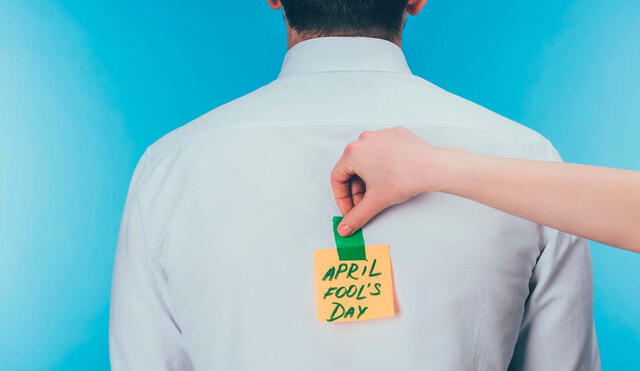April Fools' Day 2025: When it takes place and what you need to know – Mark your calendar
April Fools' Day, celebrated every year on April 1, is a fun-filled day of pranks and practical jokes. While its origins remain mysterious, it's a day when humor takes center stage globally, from playful hoaxes to clever tricks.

April 1 is quickly approaching, and with it comes a day that pranksters and jokesters around the world look forward to all year. From playful hoaxes to unexpected surprises, it's a tradition many embrace with a smile.
Though widely celebrated, the origins of this quirky observance remain somewhat unclear. What is known, however, is that it has evolved over centuries into a global occasion for lighthearted mischief — and yes, even some unforgettable pranks.
When is April Fools' Day 2025 in the United States?
This year, April Fools' Day falls on a Tuesday, taking place on April 1 as it does every year.
Is April Fools' Day a recognized holiday?
April Fools' Day is not officially recognized as a holiday, except in Odessa, Ukraine, where April 1 is an official city holiday. In the U.S., it's not a federal holiday, though the tradition of pranks continues.
How did April Fools' Day begin?
The origins of April Fools' Day remain somewhat unclear, though it has been celebrated for centuries across various cultures. Some historians trace it back to 1582 when France transitioned from the Julian calendar, which started the new year on April 1, to the Gregorian calendar, which set the new year on January 1. Those who were unaware of the calendar change or still celebrated on April 1 were labeled "April fools."
Other theories connect the holiday to ancient festivals like Rome's Hilaria or the vernal equinox, marking the start of spring with unpredictable weather.
The tradition also spread in Britain during the 18th century, where people would prank each other, and in Scotland, where it evolved into a two-day celebration.












